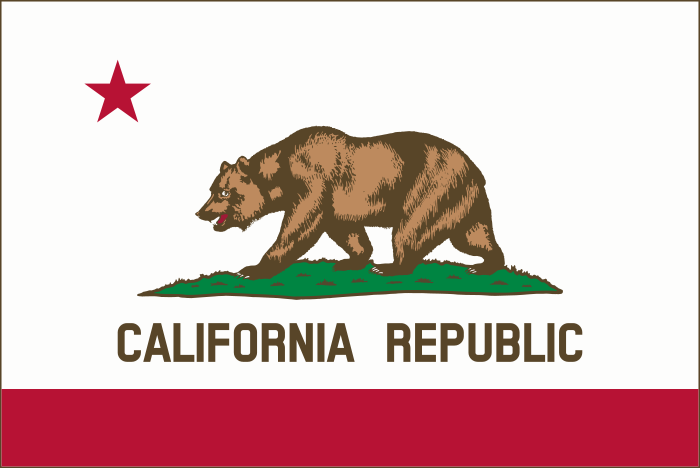Californians for Taxpayer Protection and Government Accountability submitted more than 1.1 million signatures for a ballot initiative to increase the vote requirement for new taxes and define levies, charges, and fees as taxes in the California Constitution.
Currently, state tax increases require approval by a two-thirds vote in each chamber or a simple majority vote at a statewide election. Taxes can be reduced with a simple majority legislative vote.
Under the amendment, new or increased taxes must be passed by a two-thirds legislative vote in each chamber and approved by a simple majority of voters. The amendment would also increase the vote requirement for local taxes proposed by local government or citizens to a two-thirds vote of the local electorate.
The amendment would require a bill proposing or increasing a tax to include the duration of the tax, an estimate of the annual revenue from the tax, a statement regarding the use of the revenue for specific or general purposes, and the ballot title and summary for the tax measure question. The initiative would authorize exempt charges not to be included in the definition of a tax. It would place the burden of proof on the state to present clear and convincing evidence that a charge is an exempt charge and not a tax.
The initiative defines an exempt charge as:
- a reasonable charge that does not exceed the cost of a specific government service provided only to payors;
- a charge equal to the regulatory costs for the state to issue licenses and permits; perform investigations, inspections, and audits; and enforce agricultural marketing orders;
- a charge collected by local governments, health care providers, or service plans used to fund the non-federal portion of the Medi-Cal program;
- a reasonable charge for entrance, use, rental, purchase, or lease of state property;
- a fine or penalty imposed by the judiciary branch or state administrative enforcement agency as a result of a violation of law; and
- a charge for the promotion of California tourism according to state law.
The committee behind the initiative initially aimed for the 2022 ballot but missed the June 30 signature submission deadline. The committee has raised over $15.2 million in contributions. The top donors to the committee include California Business Roundtable Issues PAC ($5.5 million), AMR Holdco Inc. ($3.1 million), Douglas Emmett Properties ($1.5 million), Kilroy Realty LP ($1.5 million), and Michael K. Hayde ($1.4 million).
Californians for Taxpayer Protection and Government Accountability said on their website, “The Taxpayer Protection and Government Accountability Act will give voters the right to vote on all future state taxes and holds politicians accountable for new fees and other increased costs paid by working families and all Californians.”
The initiative is opposed by AFSCME California, California Contract Cities Association, California Professional Firefighters, California State Council of Laborers, SEIU California State Council, and League of California Cities.
Graham Knaus, executive director of the California State Association of Counties (CSAC), said, “This deceptive initiative would undermine the rights of local voters and their elected officials to make decisions on critical local services that residents rely upon. It creates major new tax loopholes at the expense of residents and will weaken our local services and communities.”
Three initiatives have qualified for the 2024 ballot. They relate to establishing an institute on pandemic prevention research, increasing the state’s minimum wage, and changing the process for remedying labor violations.
Additional reading:


